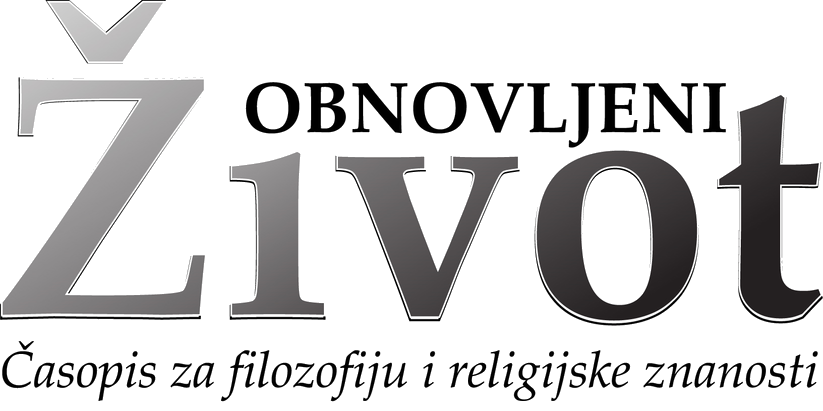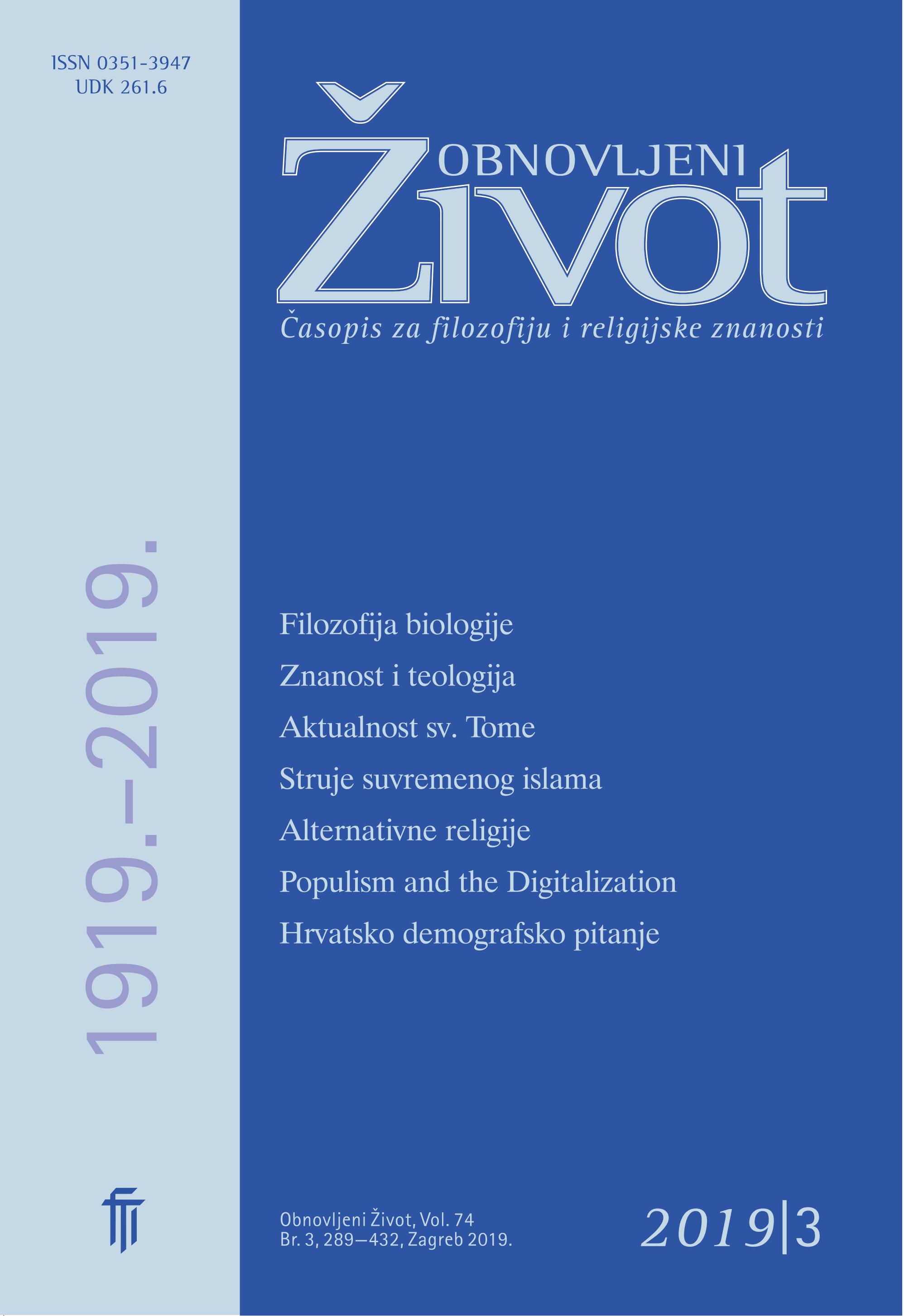A Transdisciplinary Approach to the Consideration of the Relationship between Natural Science and Theology
Keywords:
dialogue, dialogical maieutics, epistemological limits, interdisciplinarity, multidisciplinarity, religion, science, scientism, theology, transdisciplinarity, transdisciplinary axiomsAbstract
There are many reasons why a partnership dialogue between theology (religion) and
the natural sciences is needed. However, first and foremost this must be a conversation
between one human being and another regarding the most important of human
interests. The most effective way to approach complex issues and problems in the
dialogue between theology and science is the transdisciplinary approach.
Transdisciplinarity can solve prob lems which cannot be resolved by separate attempts.
This approach can connect different modes of thought, that is, thought beginning
with different points of view on the material world or religion. The transdisciplinary
approach takes on the role of mediator, which demands at the “round
table” that which unites human beings on a universal human level. This is a new,
challenging and demanding approach which requires researchers to leave their own
field of interest and strive to learn about other fields.
The transdisciplinary approach, as “critical rationality” and a new way of thinking,
opposed to classical and reductive rationalism, emphasizing objectivity, is based on
controlled conflict–induced paradoxes. Transdisciplinarity creates a new quality —
which is not an arithmetic sum of individual disciplines — and enables articulation,
i.e. a link between two, at first glance, controversial disciplinary modes of thought.
Downloads
Published
Issue
Section
License
Jednom prihvaćeni članak obvezuje autora da ga ne smije objaviti drugdje bez dozvole uredništva, a i tada samo uz bilješku da je objavljen prvi put u Obnovljenom životu. Uredništvo će obavijestiti autora o prihvaćanju ili neprihvaćanju članka za objavljivanje.
Članci objavljeni u časopisu se, uz prikladno navođenje izvora, smiju besplatno koristiti u obrazovne i druge nekomercijalne svrhe.


